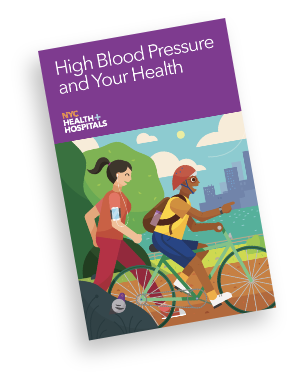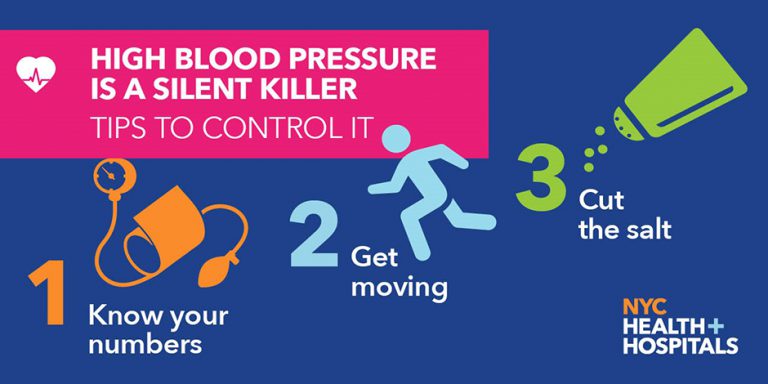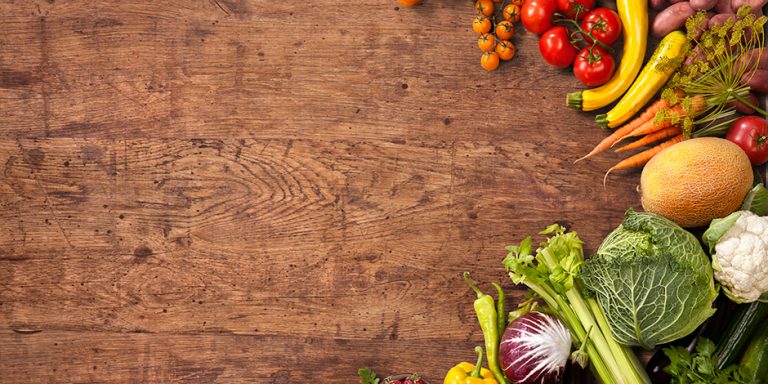Ask Our Expert: Controlling “The Silent Killer” — High Blood Pressure

The number one misconception among patients with high blood pressure is that they don’t feel sick. That’s why high blood pressure or hypertension is commonly known as the silent killer — you don’t have to feel anything to be affected. But if you have it and don’t treat it, it will catch up with you and it can cause severe consequences, such as heart disease or stroke.
Unfortunately 1 in 4 New Yorkers suffer from high blood pressure and too many don’t know it or don’t know how to best manage it. Luckily, you can be proactive to reduce your risks.
“Your blood pressure is very much in your control,” says Dr. Nichola Davis, Vice President and Chief Population Health Officer. Dr. Davis shares her top 10 tips to help prevent and manage high blood pressure.

Vice President, Chief Population Health Officer
 |
How hard is your heart working? |
|
Know your numbers. Your blood pressure tests how hard your heart has to work to pump blood through your body. You should get your blood pressure checked by a medical provider once a year. Talk to your medical provider about what your numbers mean.
Take your medication. For those who have high blood pressure and take prescription medication, it is essential to take it each and every time. Do not skip a dose just because you “feel fine.” If you have problems taking your medication, your provider can help you.
Get moving. Exercise for 30 minutes five times a week can lower your blood pressure. Studies show that breaking down exercise to 10 minutes three times a day is just as good as 30 minutes once a day.
Cut the salt. 75% of the salt we eat comes from packaged and restaurant food. You should consume less than 2,300 mg of sodium a day.
Read labels. Canned foods, sauces, cheeses, and breads are high in sodium. Choose foods marked “low sodium” and always compare labels.

Look for the salt shaker warning. Fast food and chain restaurants now place a salt shaker picture next to foods that have more than the recommended daily intake of sodium. Avoid these foods.

Nature knows best. Add fresh or frozen fruits and vegetables into each meal. Check out the Dietary Approaches to Stop Hypertension (DASH) diet. It recommends 8-10 servings of fruits and vegetables each day.
Work on some weight loss. If you are overweight, losing as little as 10-20 pounds can lower your blood pressure. Work with your medical provider to figure out the right weight and weight loss plan for you.
Quit smoking. Cigarettes can raise your blood pressure and put stress on your heart. Get help here.
You don’t have to do it all at once. Habits are hard to change. You can work on one or two things at a time and still see a noticeable difference to reach healthier levels.
Learn How to Check Blood Pressure at Home
Don’t know your blood pressure? Find a doctor and make an appointment today.






